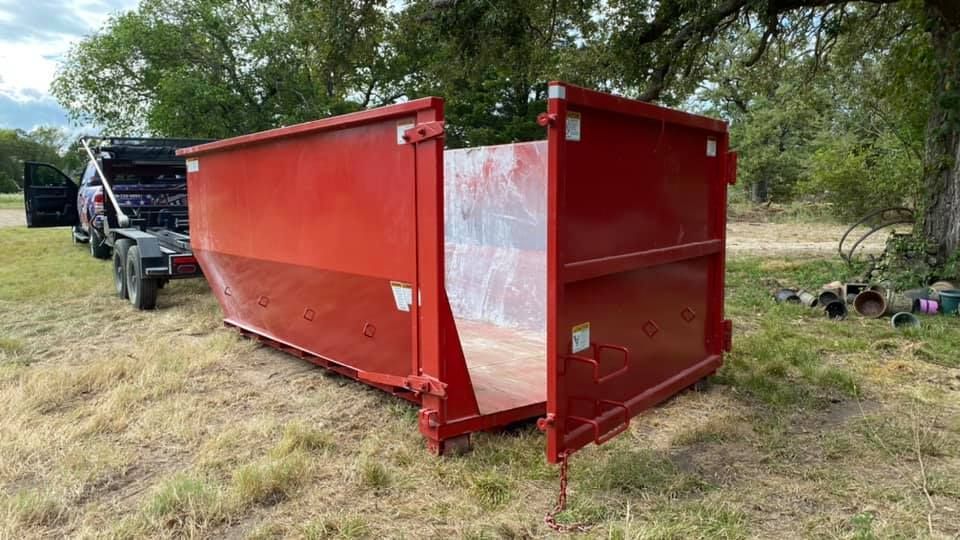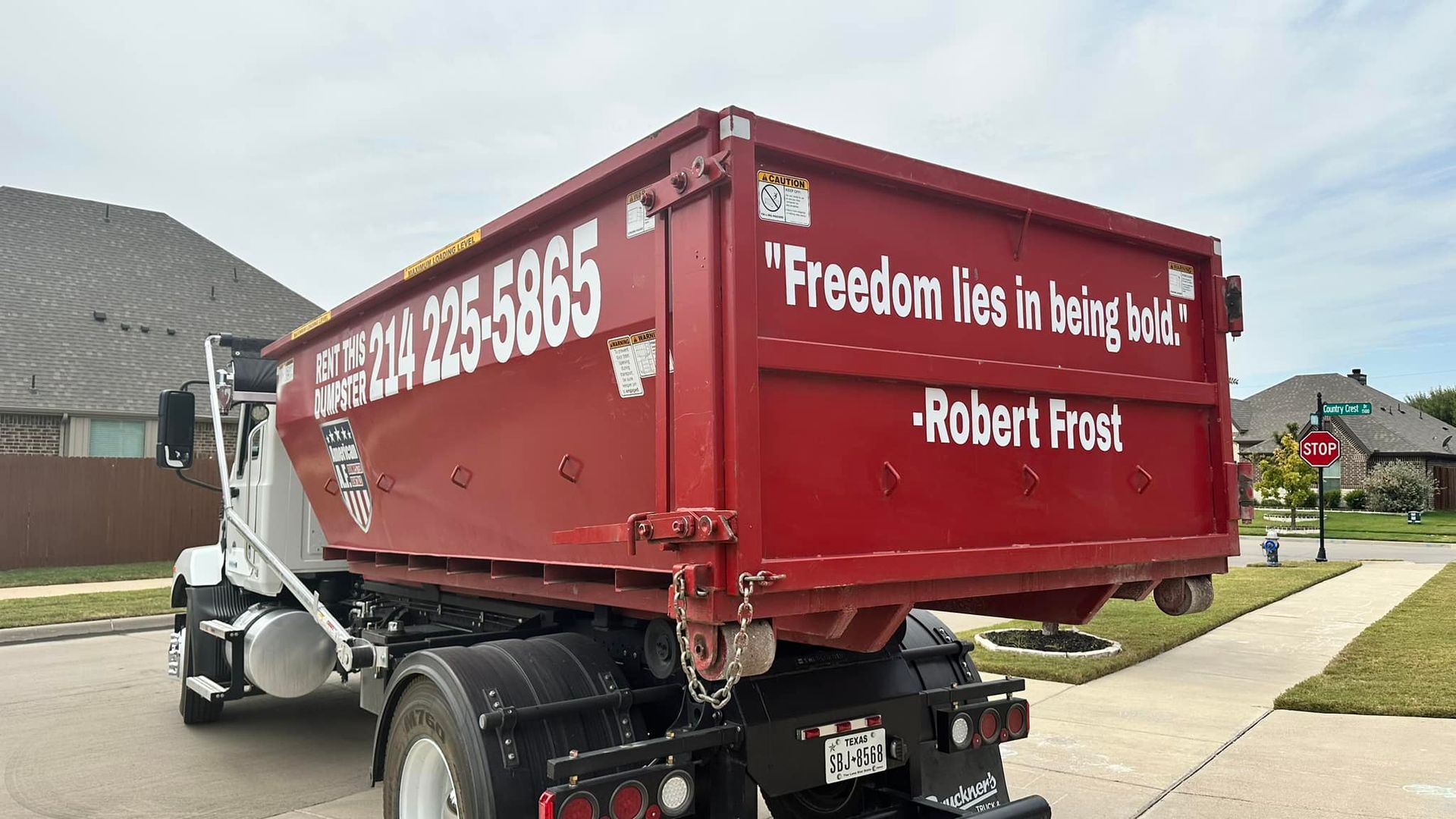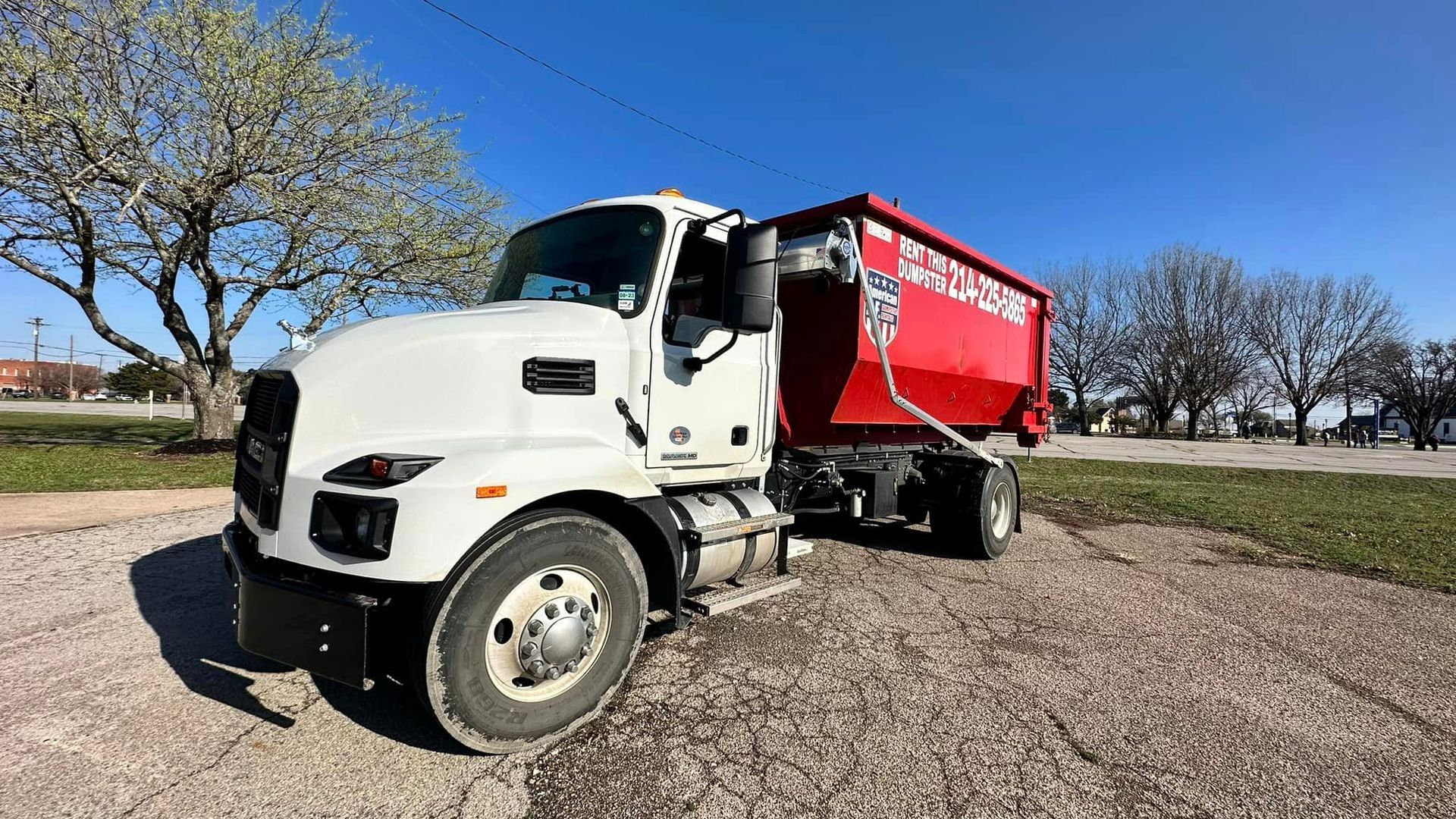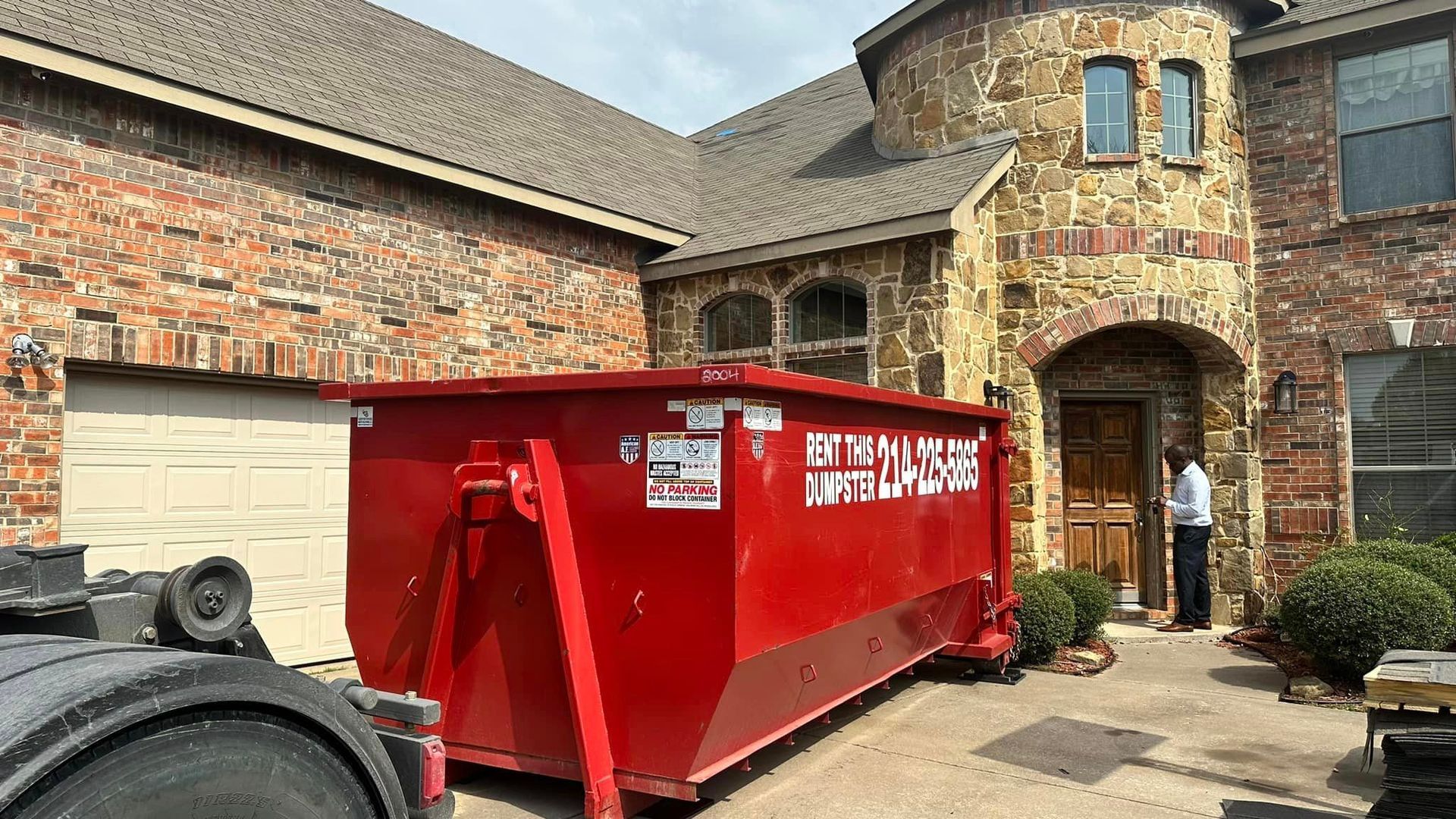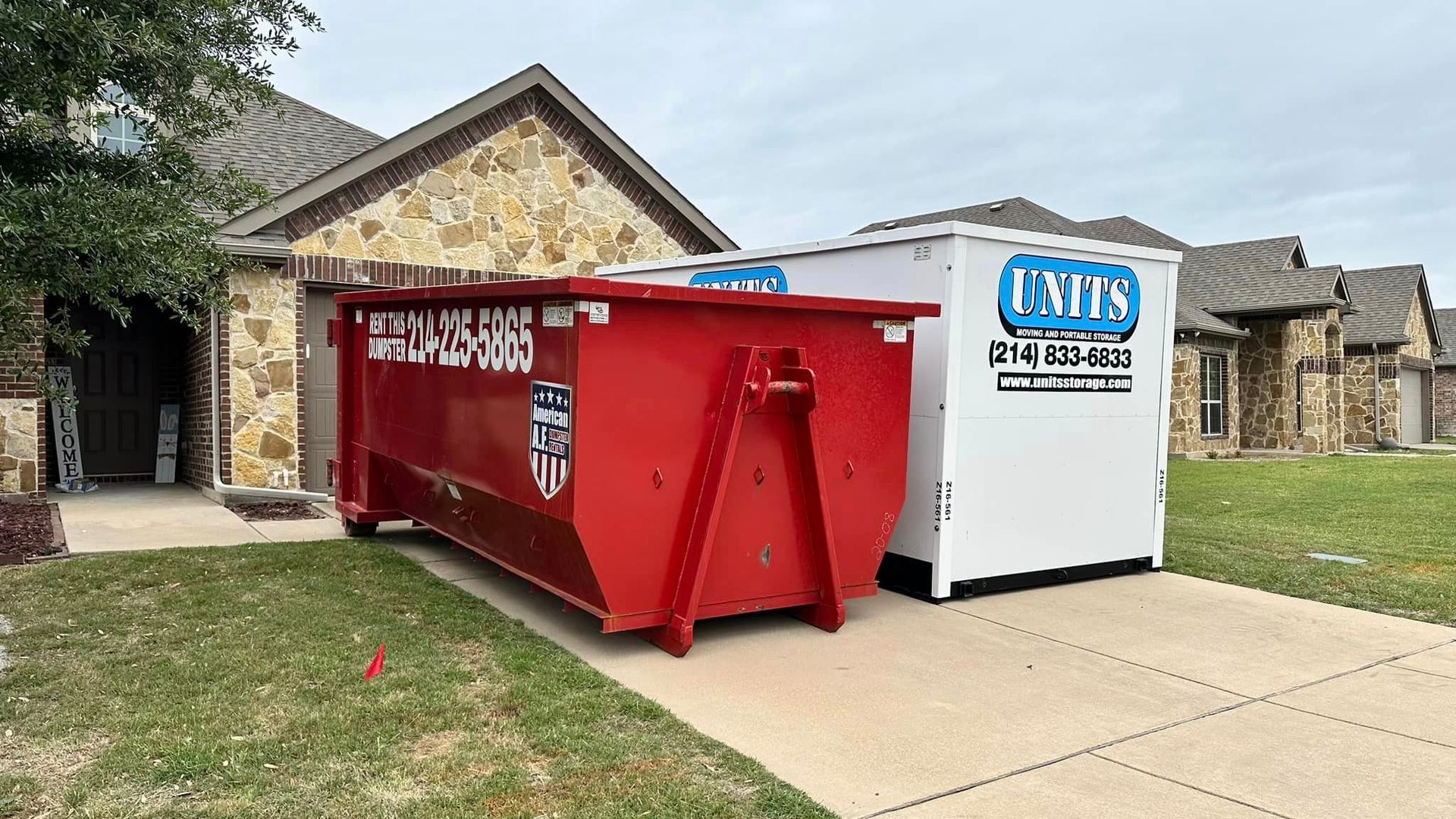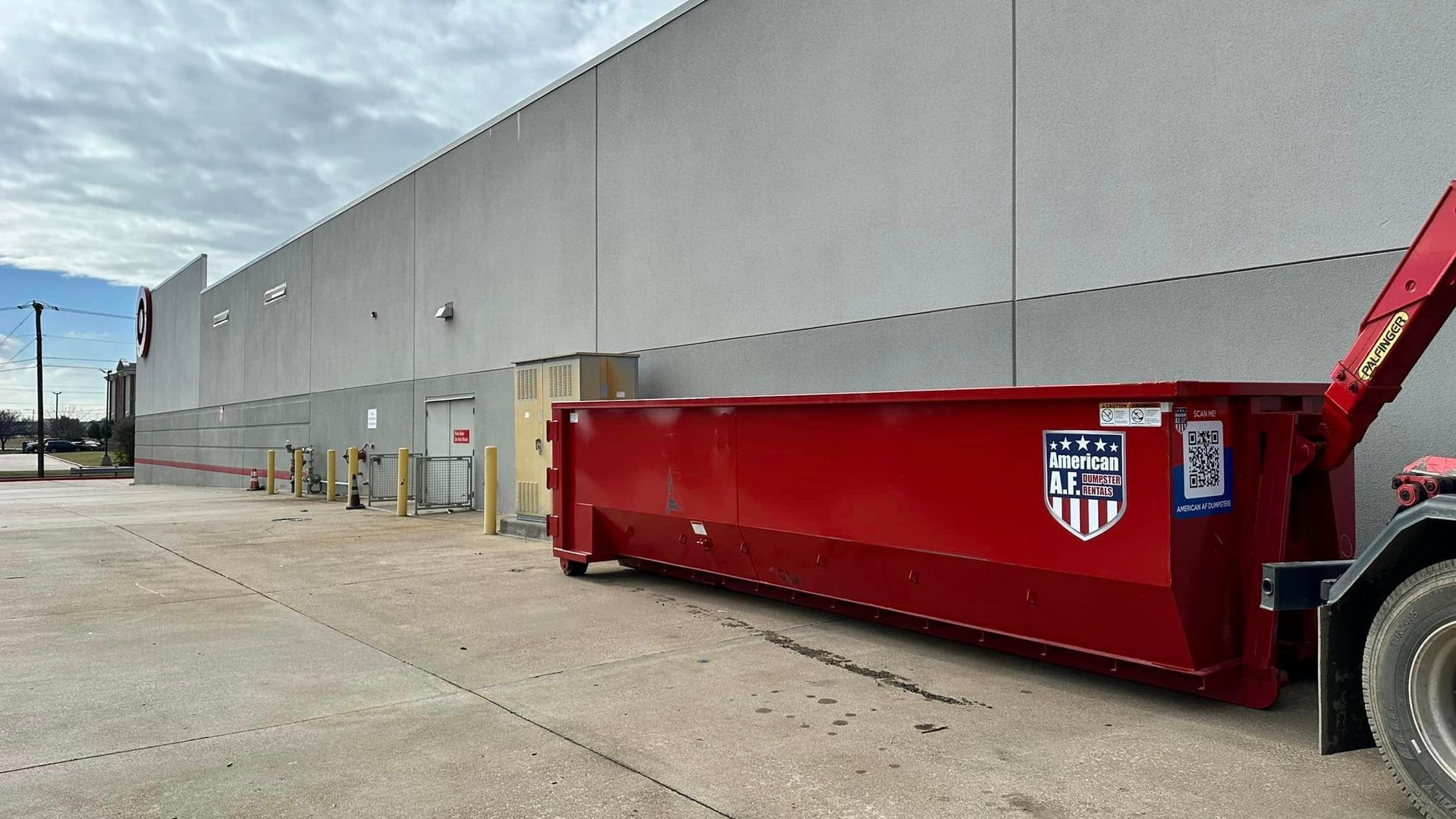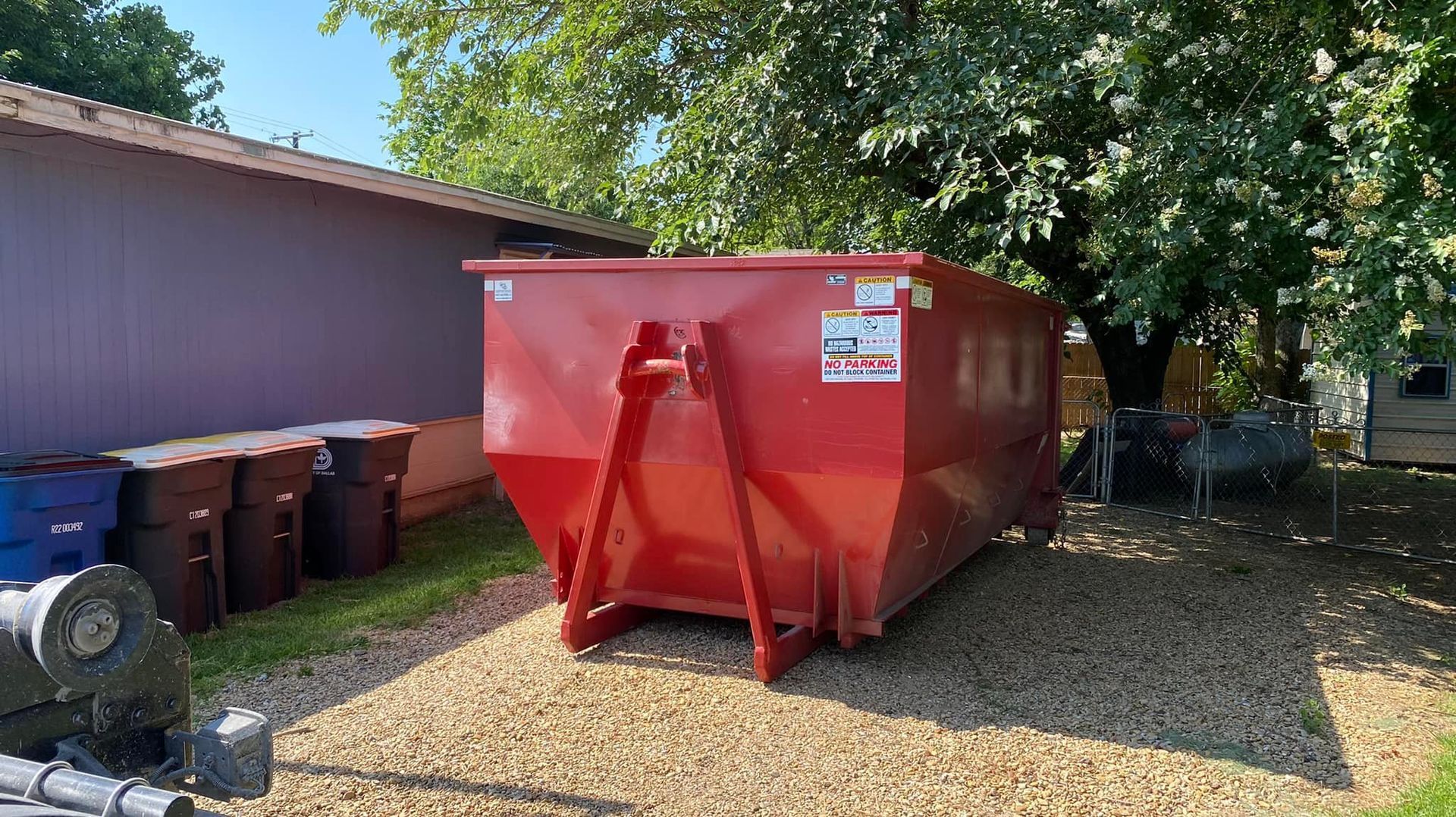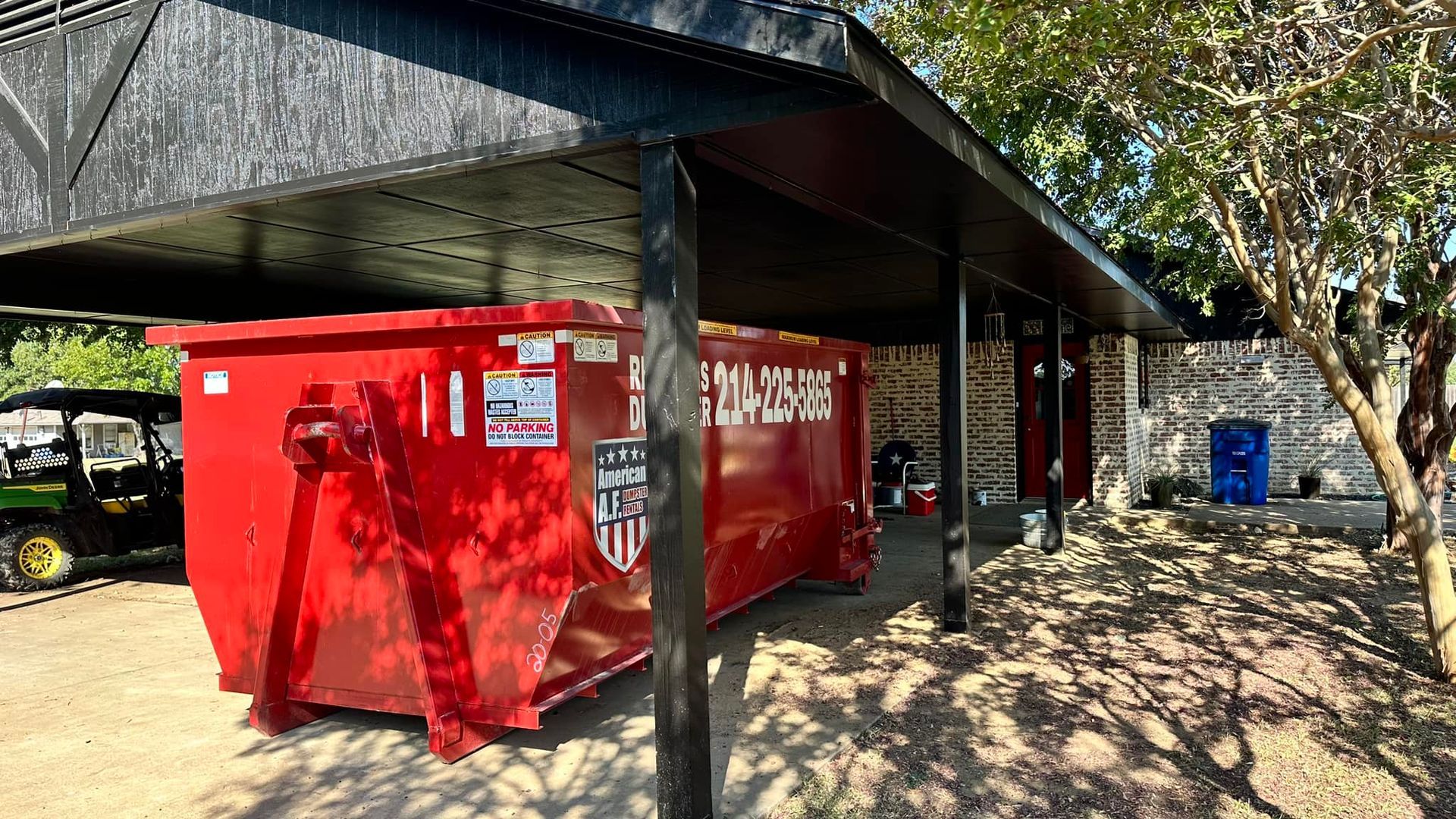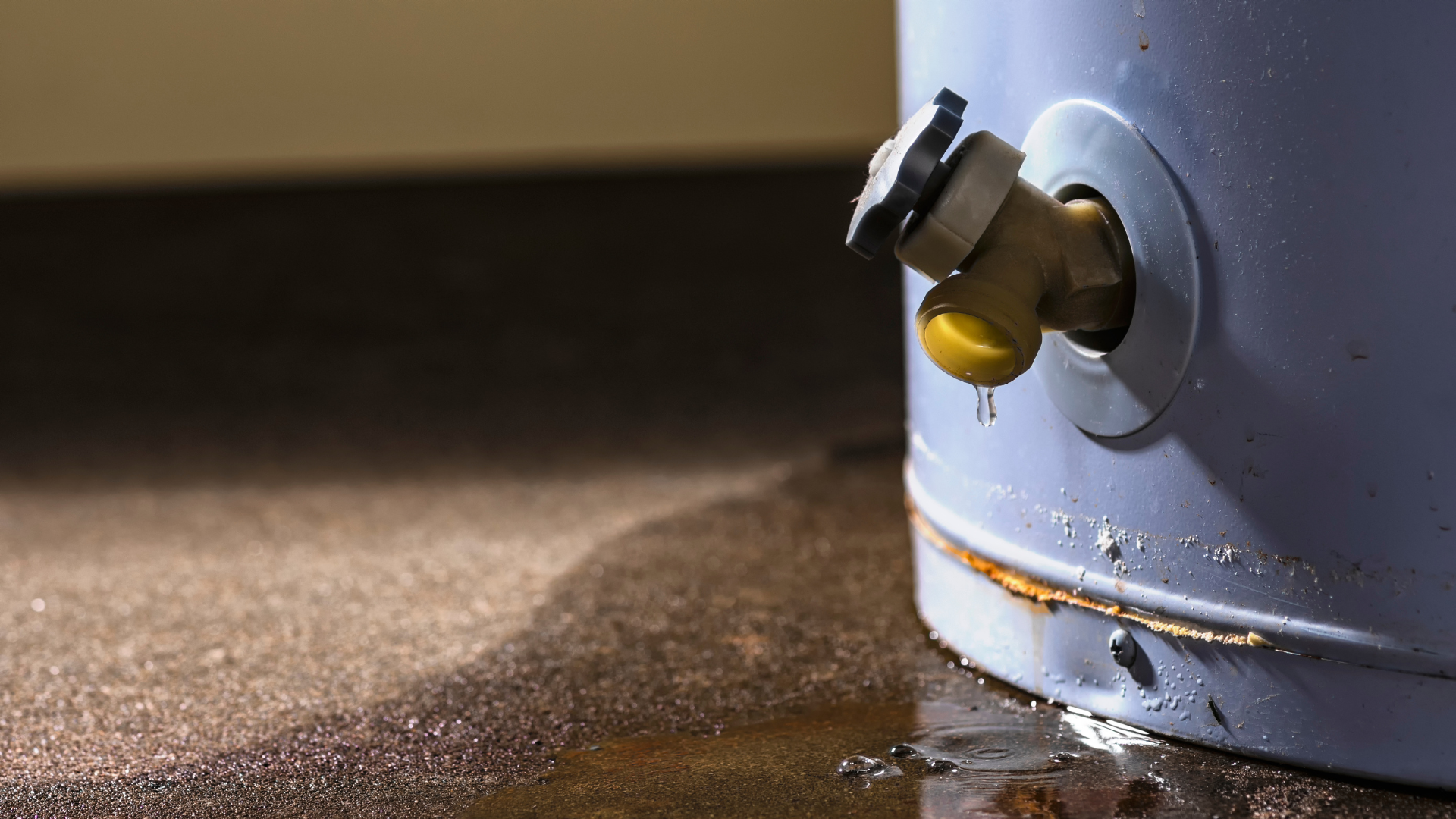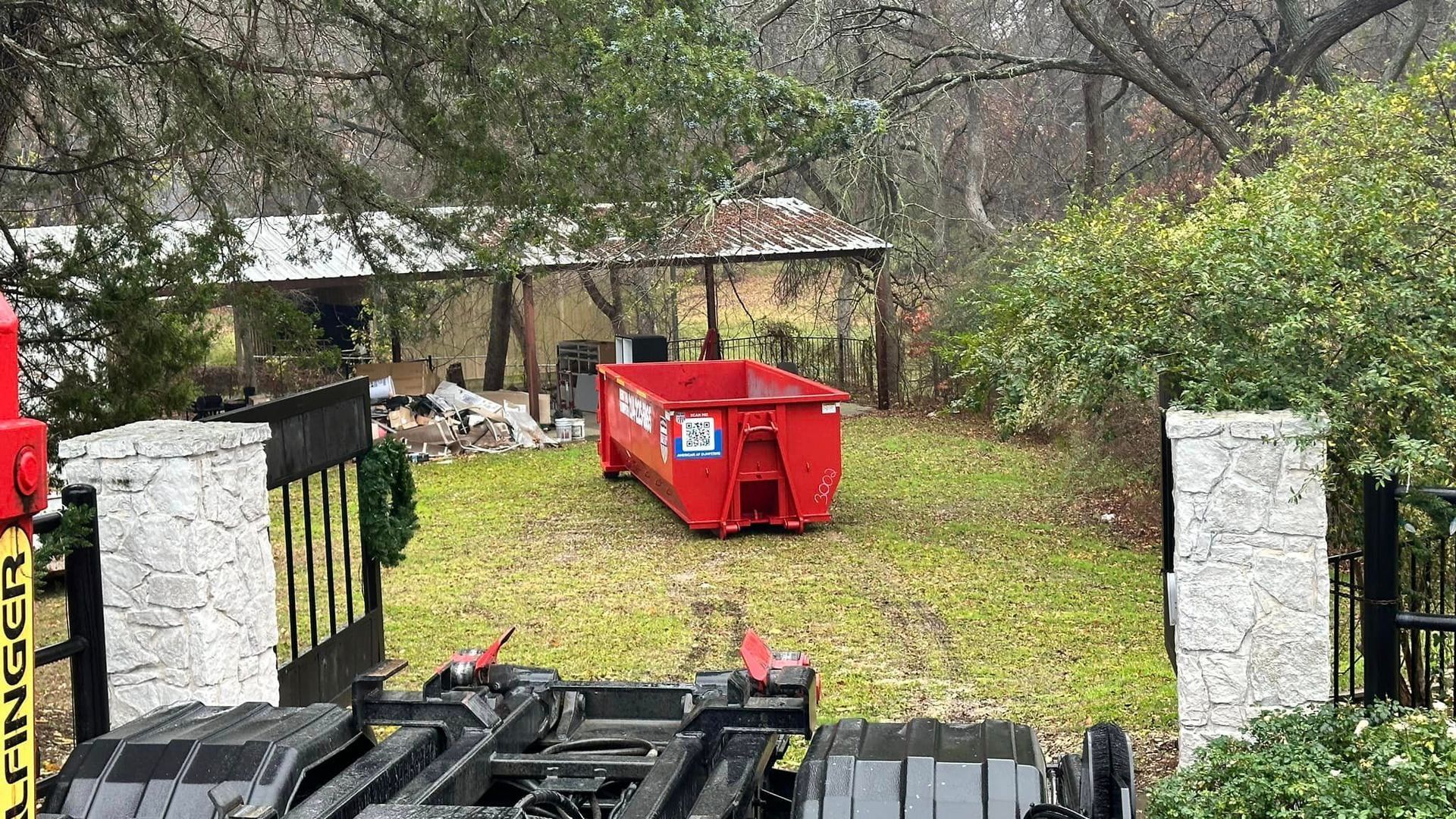Can You Put a Dumpster on the Street? Guide to Dumpster Permits
Can You Put a Dumpster on the Street?
Managing waste efficiently and legally, especially on public property, requires an understanding of the complexities involved in obtaining dumpster permits. This guide will provide an in-depth look into the nuances of dumpster permits, ensuring you have all the necessary information for a smooth process, whether you're a homeowner, business owner, or contractor.
Understanding Dumpster Permits
What is a Dumpster Permit?
A dumpster permit is an official document issued by your local municipality or public works department. It grants permission to place a storage container, like a roll-off dumpster, on public property. This includes public streets, city streets, residential driveways extending onto public space, and public areas such as parking lots. Securing this permit is essential to ensure that your waste disposal does not infringe on public use or violate local ordinances.
Common Permit Names
Permit terminology can vary across different regions. You might encounter terms like street permit, right-of-way permit, or public space permit, all of which refer to permissions for placing dumpsters in areas managed by the city or local government. Each type of permit adheres to specific rules set by the local municipality and is crucial for maintaining public order and safety.
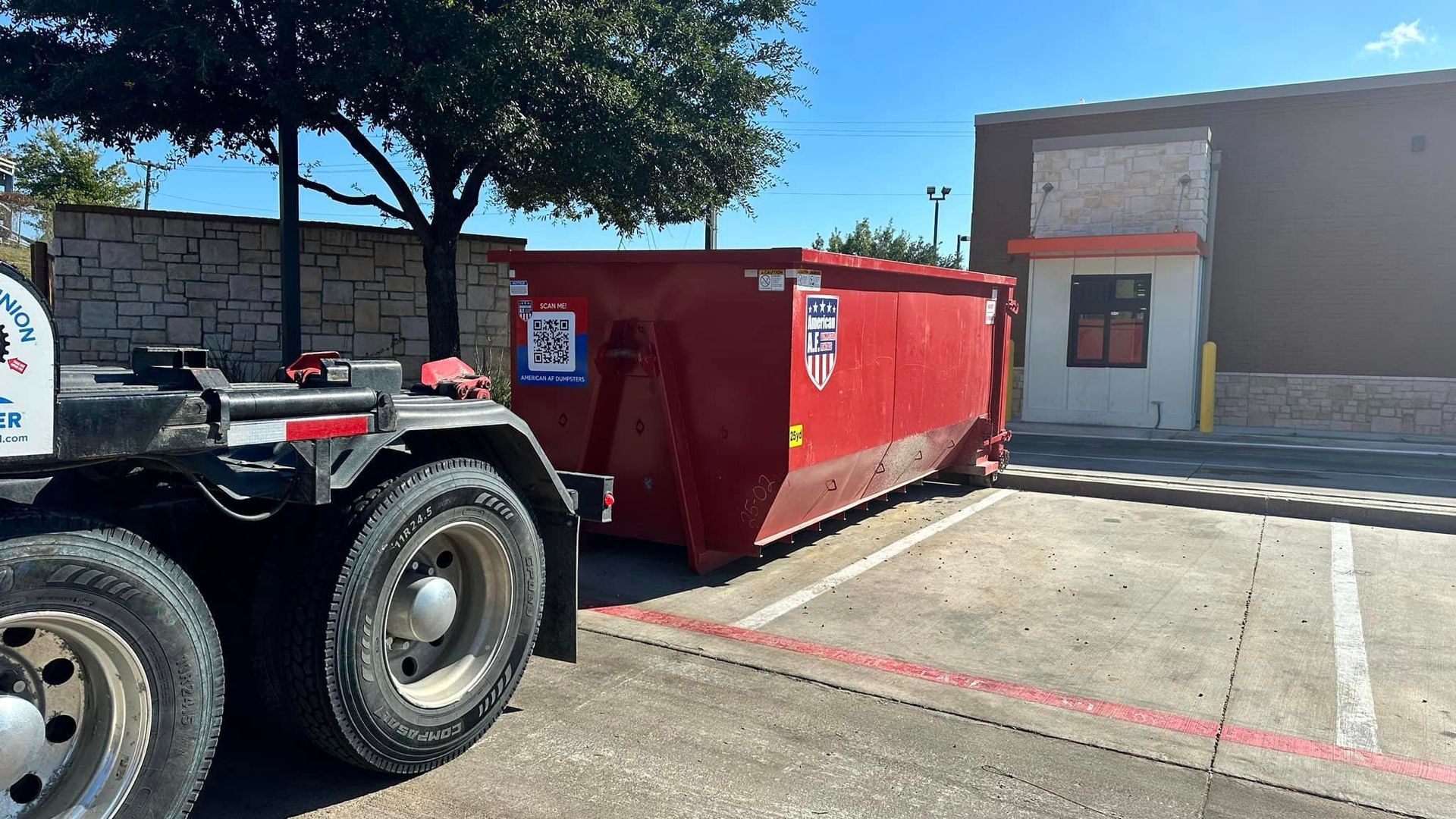
NEED A DUMPSTER?
Determining the Need for a Dumpster Permit
When Do You Need a Dumpster Permit?
A dumpster permit is typically required when the dumpster is placed in a location that affects public access or use. This includes placement on a city street, a public street, or any public space where the dumpster might obstruct normal activities. For instance, if you're planning a renovation project and need a roll-off container on a residential street or near a construction site, a permit ensures that you are legally compliant.
If Your Dumpster Will Block the Street or Sidewalk
When a dumpster is placed in such a way that it blocks pedestrian or vehicular access to a public right-of-way, like a sidewalk or street, a permit becomes necessary. The permit process helps to ensure that your dumpster placement adheres to safety standards and does not obstruct public use.
If You’re Keeping Your Bin in Your Driveway
Even on private property, like your residential driveway, you might need a permit. This is especially true if the dumpster extends onto a public space or if your homeowners association has specific rules regarding dumpster use. Checking with your local building department or homeowners association is a good idea to avoid any potential issues.
Planning a major renovation? Be sure to read this blog ‘The Ultimate Guide to Renovating Your Home’ for helpful tips. The guide emphasizes the importance of setting goals, building a budget, selecting the right contractors, and understanding the renovation process, including obtaining necessary permits and preparing for demolition and structural changes
The Process of Obtaining a Dumpster Permit
How to Get a Dumpster Permit?
The permit application process involves contacting your local municipality or public works department. You'll need to provide specific information about the dumpster, including its size, placement location, and how long it will be in place. The application process may also include an application fee.
Check the Website of Your City or Town
Many cities offer online resources for obtaining a permit. Your city hall's website can provide the appropriate forms and detailed instructions on the permit process, making it easier to begin your application.
Contact Your Municipality
For more detailed information and guidance, directly contacting your local government office or public works department is recommended. They can provide insights into the application process, types of permits available, and any associated costs.
Contact Your HOA
If your property is part of a homeowners association, additional rules might apply. It's essential to consult with your homeowner’s association to ensure that you comply with any community-specific regulations regarding dumpster placement.
For a smoother experience with local government offices, read this article ‘Dumpster Permits - When You Need One and How to Get It’.
Practical Considerations and Preparation
Show Proof of Permit to Dumpster Service
After obtaining the necessary permits, it's important to show proof of this to your dumpster rental company. This step is crucial, as many companies will not place dumpsters on public property without seeing the valid permit.
Choose a Roll-off Dumpster
Selecting the right type of dumpster is critical for your project. For larger projects, such as construction sites or major home renovations, a roll-off container is ideal. These dumpsters are designed to handle a large volume of waste, including bulky materials, general waste, and even yard waste like yard trimmings.
Lay Down Plywood If Possible
To protect the pavement or ground beneath the dumpster, especially when placed on a residential driveway or a city street, laying down plywood can prevent damage and simplify cleanup after the dumpster is removed.
Dumpster Placement in Street or Parking Lot
The placement of the dumpster should be carefully considered. Ensure it doesn't block traffic, access to fire hydrants, or public right of ways. In a parking lot, choose a spot that doesn't obstruct parking spaces or traffic flow. Using traffic cones and reflective tape can enhance visibility and safety.
Learn more about different types of waste containers and their specific applications in this article ‘The Different Types of Dumpster Styles’.
Cost and Regulatory Guidelines
How Much Does a Dumpster Permit Cost?
The cost of a dumpster permit can vary depending on your location and the length of time you need the dumpster. Some municipalities charge a flat rate pricing, while others may have rates based on the duration or specific location.
Common Rules and Regulations to Know
Understanding local regulations is critical. These rules may include specifics about the type of waste allowed, the amount of time you can keep the dumpster, and where it can be placed. Some areas may have restrictions on hazardous materials or require special encroachment permits for certain locations.
Keep your project within budget. Explore this blog ‘The Ultimate Guide To Construction Budgeting in 2023.
Special Cases and FAQs
Can You Put a Dumpster in the Street?
Yes, but with the right permits. Placing a dumpster in a public street typically requires a street use permit or a right-of-way permit, depending on local laws and the intended placement.
Will I Need a Permit for My Dumpster Rental?
The need for a permit depends on various factors, including the dumpster's location and the local municipality's regulations. It's always advisable to consult with your dumpster rental company or local authorities to understand the specific requirements.
How Long Can a Dumpster Be in the Street?
The allowed duration for a dumpster on a public street varies based on local regulations. Typically, permits specify an expiration date or a set number of consecutive days the dumpster can remain in place.
What Information Do I Need to Apply for a Permit?
When applying for a dumpster permit, you'll likely need to provide basic information about the project site, the dumpster's size, the duration of its placement, and contact information for the dumpster owner or rental company.
Does a Dumpster Permit Have Any Special Requirements?
Some permits may have special requirements, such as guidelines for placing the dumpster to ensure it doesn't obstruct traffic, safety measures like the use of reflective tape, and restrictions on the types of waste that can be disposed of in the dumpster.
What Happens If I Don’t Have a Permit?
Operating without a permit can lead to fines, legal complications, and the removal of the dumpster. To avoid these issues, always ensure you have the necessary permits before placing a dumpster, particularly in public areas.
Faced with a unique waste management challenge? Hazardous Waste? Find solutions in this ‘How to Properly Dispose of Hazardous Waste’ blog.
FAQS
Final Steps and Resources
Ready to Rent a Dumpster?
Before renting a dumpster, ensure that you have all the necessary information and permits. This preparation will facilitate a smooth and compliant rental experience.
Reach Out to American AF Dumpsters
For specific rental needs, contacting companies like American AF Dumpster in Dallas can provide you with customized solutions and assistance. They can guide you on the best spot for dumpster placement, types of dumpsters available, and rental permit requirements.
Find More Detailed Permit Information in Your Area
Consulting with your local public works department, building department, or government office is advisable for detailed information about dumpster permits in your area. They can provide guidance on the application process, specific regulations, and any fees involved.
Ensure you choose the best dumpster rental service with the help of this blog, ‘How to Choose a Dumpster Rental Company’.

